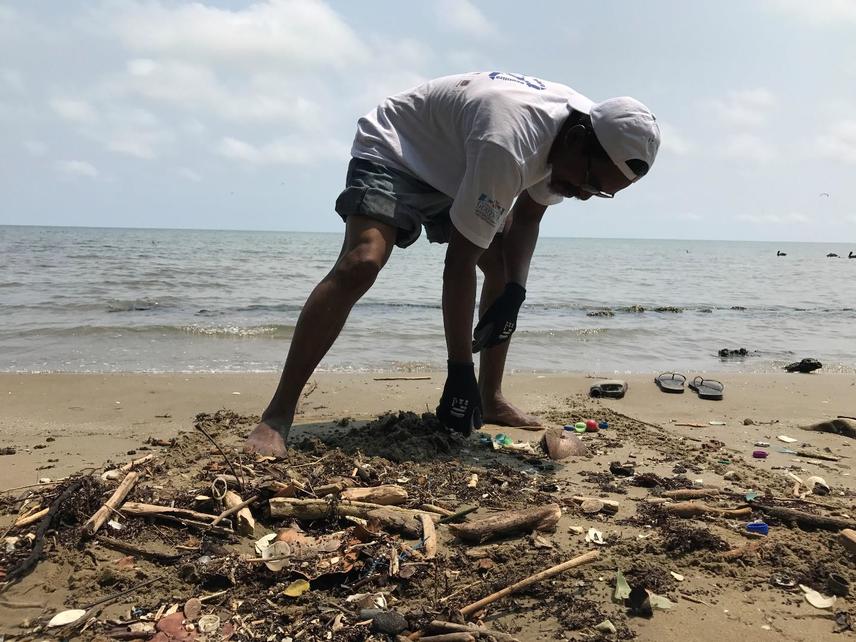Alerick Pacay
Other projects
26 Nov 2015
Environmental Education Program for Children, With Focus on Management and Sustainable Use of the Marine and Coastal Resources of the Guatemalan Caribbean
2 Jan 2018
Tackling Environmental Threats through Community Service Campaigns! – Teachers and Students of the Guatemalan Caribbean Take Action towards Nature
To provide teachers of the Guatemalan Caribbean schools and stakeholders, with knowledge, values, attitudes, commitment and skills needed to protect and improve the environment.

This one-year-project targets to achieve some of the desired environmental outcomes based on the UNESCO Tbilisi Declaration on Environmental Education. This project will be held in the Guatemalan Caribbean. This area is part of the Mesoamerican Reef -MAR-, which is the second biggest barrier reef in the world. Its ecosystems are mega-diverse, providing great ecosystem services and benefits for people across the coastline in Guatemala.
This program aims to provide teachers of the Guatemalan Caribbean schools and stakeholders, with opportunities to acquire knowledge, values, attitudes, commitment and skills needed to protect and improve the environment. Moreover, to create new patterns of behaviour of teachers and stakeholders towards the environment, and to foster clear awareness of economic, social, political and ecological interdependence in rural areas. These in order to make them replicators for children and youth in the communities of the Guatemalan Caribbean.
Children and youth are the future of the world, but we are the present. If we can improve these teachers and stakeholders, and take them into a pro-environmental behavioural change, they will become replicators in their communities, and they will be able to transmit their knowledge to new generations, transforming them into better individuals that care and guarantee the sustainability of the natural resources.
Through several workshops in Puerto Barrios and Livingston, teachers and stakeholders will learn about the environment, ecological principles, nature, current problems, how to map their communities and skills to develop small environmental projects (e.g. recycling, composting, farming their own food, planting mangroves, beach clean-ups, etc.). Furthermore, this project will promote intercultural exchanges between different communities at the Guatemalan Caribbean.
The project will involve 20 teachers and 5 stakeholders of the region of Izabal. Partnerships between participants, government agencies and private sector, will be encourage to promote alliances that contribute with the long-term-sustainability of the project. National and international volunteers are welcome to participate in this project.